Reviving "grandfathered" cars
When Israeli armored personnel carriers enter combat zones in the Gaza Strip, they sometimes lack one traditionally important feature: personnel on board.
The reason is that over the past several months, during the Gaza conflict, the Israeli military has reportedly been using and testing unmanned versions of many vehicles as technology has improved enough to put these vehicles into combat situations, while also keeping many soldiers out of harm's way.
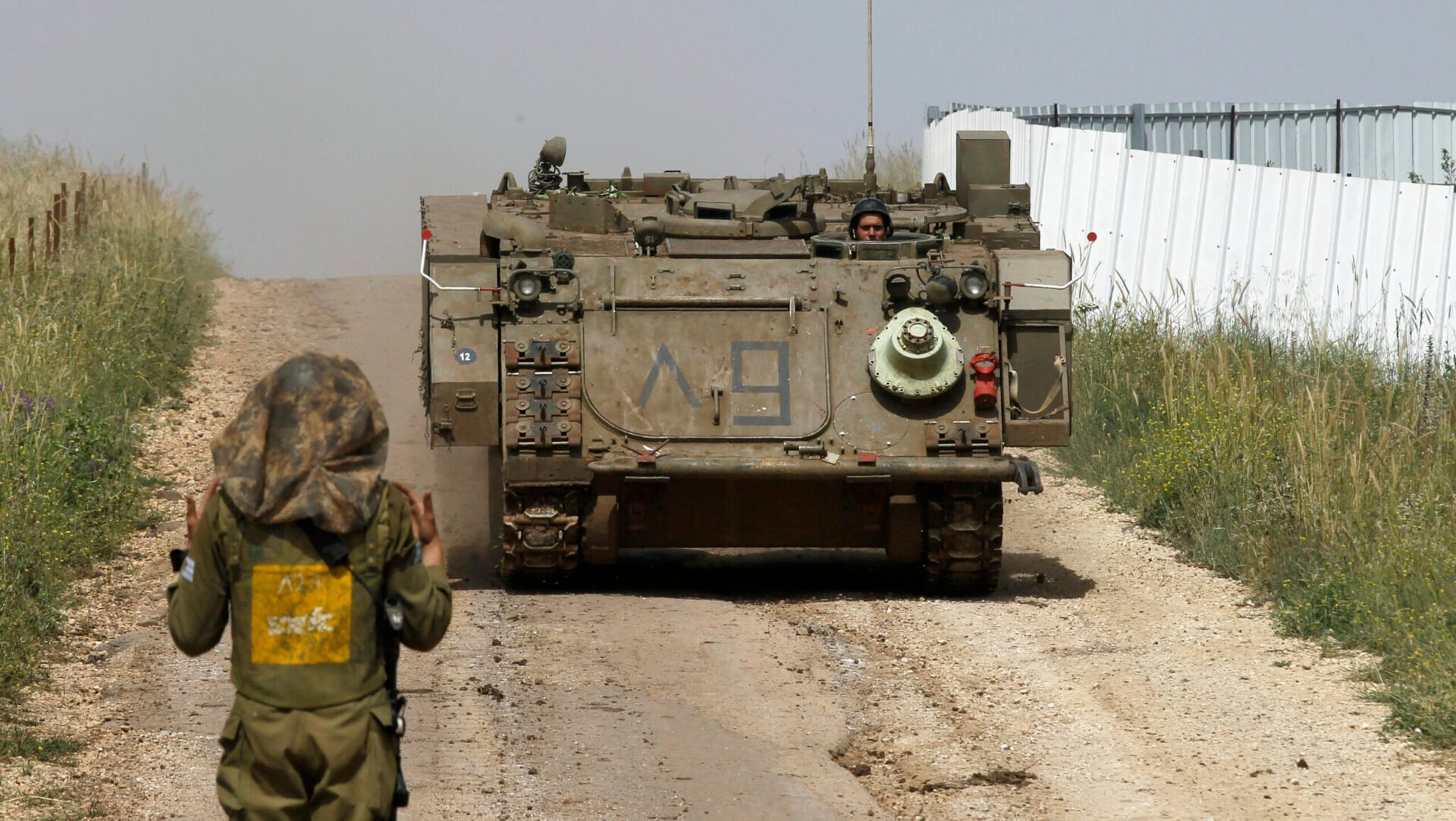
An Israeli soldier acts as a navigator for an M113 armored personnel carrier. Photo: GI
In recent cases, unmanned M113 armored personnel carriers were reportedly spotted in use during the Rafah operation that began in May.
“It’s useful to recycle [the vehicles] and find a new purpose for them,” said one veteran of Israel’s past wars, who asked not to be named for security reasons but said he had seen the unmanned M113s in action in recent months.
“They are very strong to a certain extent. They can go through many terrains,” the veteran told Breaking Defense. It should be noted that the M113 armored vehicles used by the Israeli army are 60 years old, much older than the Namer and Eitan that have been recently put into service.
A diverse niche market
As early as 2015, the Israel Defense website reported that an unmanned version of the M113 was being developed by a company called G-NIUS, a joint venture between IAI and Elbit Systems.
Israeli news outlets have been reporting on what appear to be unmanned ground vehicles since at least February. One of the experts involved in the upgrade told Breaking Defense under the pseudonym Rani: “We have developed upgraded versions of robotic and autonomous systems for various vehicle platforms.”
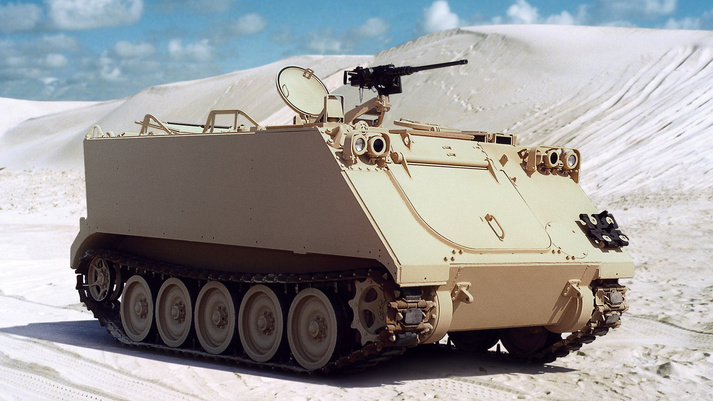
The six-decade-old M113 armored vehicles are still useful when integrated with modern equipment and have high automation capabilities. Photo: Army Technology
Rani said the transition from manned to driverless cars involves integrating hardware and software, including sensors and processing within the car so that it has a kind of “brain” that helps the car and its remote operator make decisions.
“This is a niche market that lends itself to automation and robotics for obvious reasons,” Rani said.
In addition to fine-tuning the controls, some M113s have been modified for better combat capabilities. Other variants of this aging armored vehicle have also been adopted by the Israeli military as platforms for 120mm mortars.
One platform Rani can point to is the unmanned D-9 bulldozer used in Gaza in May. “On this platform, we have all the sensors that we need to be able to remotely control it,” Rani said. “And we are doing a number of things like avoiding obstacles on the way, doing different types of engineering tasks like clearing roads, or supporting combat units in different ways.”
In May, Israel's Ynet news agency reported on 50-ton unmanned bulldozers, dubbed "Pandas," that can perform engineering tasks like digging, excavating construction sites, clearing rough terrain, setting up tank firing positions, and demolishing buildings without a human in the driver's seat.
Apparently, even for a device that dates back to the 1960s, Israeli technology seems to be able to revive them, giving them new missions.
Quang Anh (according to Breaking Defense)
Source: https://www.congluan.vn/cuoc-chien-gaza-thuc-day-israel-phat-trien-them-cac-phuong-tien-robot-post305604.html






![[Photo] Binh Trieu 1 Bridge has been completed, raised by 1.1m, and will open to traffic at the end of November.](https://vphoto.vietnam.vn/thumb/1200x675/vietnam/resource/IMAGE/2025/10/2/a6549e2a3b5848a1ba76a1ded6141fae)
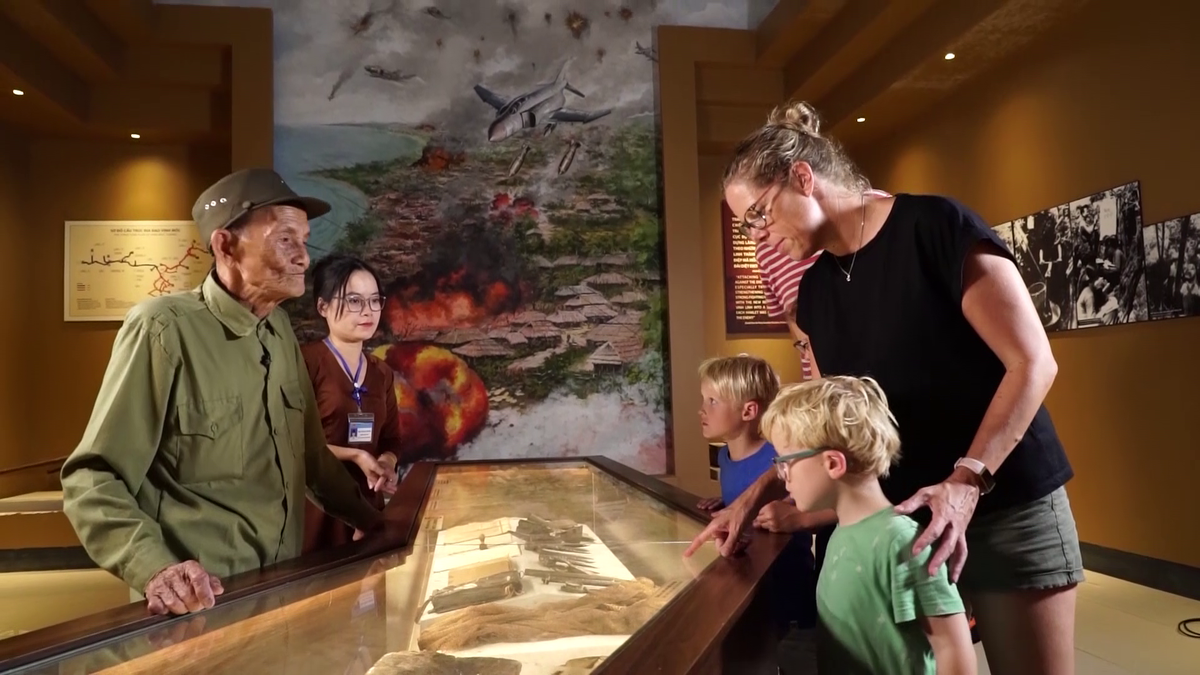


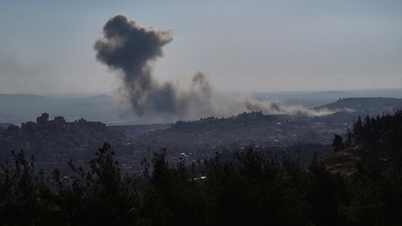


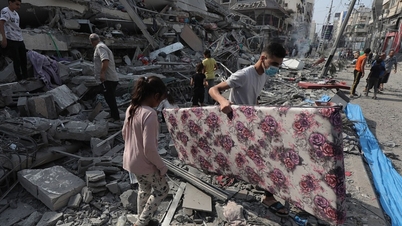
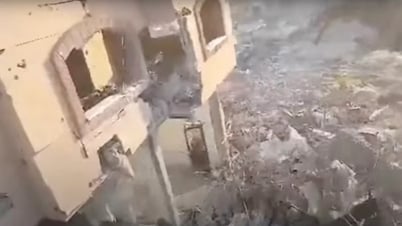

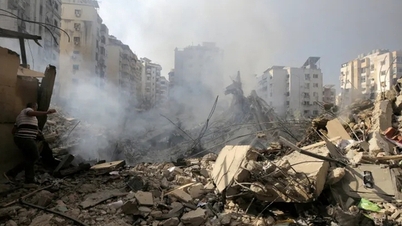
























































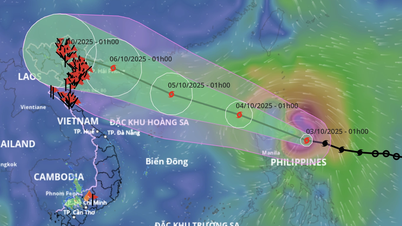







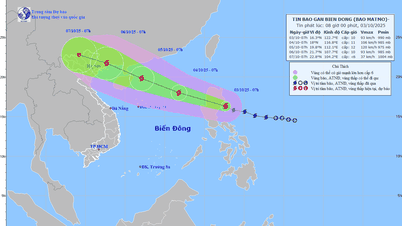




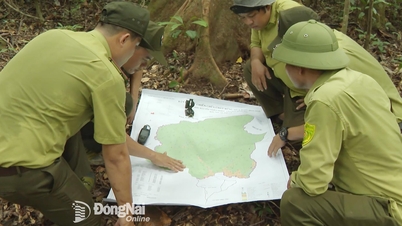


















Comment (0)